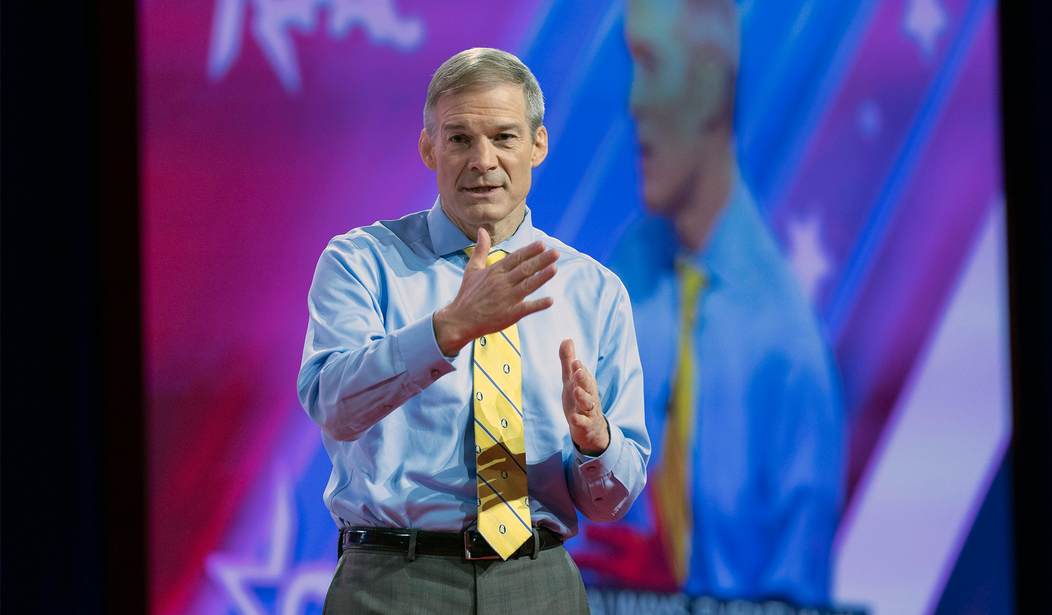The Twitter Files revealed a vast government operation to monitor and censor information on social media that was not approved by the state. There are various moving parts to these operations, but the bottom line is that federal agencies are pressuring social media companies like Facebook, Twitter, and others to suppress certain types of content being shared on these platforms.
Much of the government’s activities have been exposed over the past year – especially after Elon Musk took over Twitter. But now that Republicans are in control of the House, their hearings and investigations seem to suggest prior revelations were only scratching the surface.
During a Congressional hearing on Thursday, a key witness and U.S. Senator claimed that the Biden administration’s coordination with social media companies to censor speech on COVID-19, election integrity, and other issues was more pervasive and destructive than previously thought. Republican members of the subcommittee described the censorship as “the largest speech censorship operation in recent history.”
Representative Jim Jordan, R-Ohio, who leads the relevant subcommittee, highlighted that the censorship extended to critical topics like COVID-19 response and elections. The issue led to lawsuits filed by two states against the Biden administration, with Missouri’s former attorney general and current Senator Eric Schmitt testifying about the information they had uncovered.
The hearing gained further attention due to Elon Musk’s purchase of Twitter and the subsequent release of “Twitter Files,” which contained documents demonstrating a close relationship between the federal government and Twitter to censor conservative viewpoints. Journalist Matt Taibbi, who initially released the Twitter Files and testified before Congress, noted that IRS agents had showed up at his home during his testimony. Jordan called it an “unlikely coincidence” and criticized it as federal intimidation.
Detractors have described the ongoing effort as a “taxpayer-funded censorship campaign” that could violate the First Amendment. However, Constitutional Law Center Fellow, Matthew Seligman from Stanford Law School testified at the hearing, pushing back against the claim that the First Amendment was violated, stating that the decision ultimately rested with the social media companies, not the state. “Government officials offered their suggestions to platforms about misinformation and no threat of adverse government action ever attached,” he said.
The House Oversight Committee launched an investigation into the Department of Homeland Security’s Cybersecurity and Infrastructure Security Agency (CISA), which worked with big tech companies and the Democratic National Committee to have posts censored. The committee accused CISA of framing dissenting opinions as cyber threats to critical infrastructure and leveraging partnerships with left-leaning private organizations to take action against unfavorable political speech.
“CISA is framing any dissenting opinion disseminated online as a cyber threat to critical infrastructure,” the Oversight Committee said in a letter to Department of Homeland Security Secretary Alejandro Mayorkas. “CISA leverages partnerships with left-leaning private organizations – who have received millions of dollars in federal money – to identify and then take action against political speech unfavorable to the Administration, especially around its handling of COVID-19 policy.”
During the Thursday hearing, Louisiana Attorney General Jeff Landry suggested that federal employees should face serious consequences if found to have pressured technology companies into censoring opposing viewpoints, according to the Washington Times. Landry detailed what he called a “vast censorship enterprise” that reached deep into the Biden administration.
He, along with Missouri Republican Sen. Eric Schmitt, stated that they obtained documents in a lawsuit that revealed the FBI, Centers for Disease Control and Prevention, Census Bureau, Dr. Anthony Fauci, and multiple people at the White House took steps to pressure tech companies to shut down narratives they disagreed with regarding the Hunter Biden laptop or the COVID-19 pandemic.
“The Biden administration has led the largest speech censorship operation in American history,” said Schmitt. “The Biden administration seems to lust for its own ministry of truth.” Landry, who served as a member of Congress before becoming attorney general, said that while a House bill banning federal employees from using their positions to engage in censorship is a start, it needs more teeth. He believes federal employees who engage in censorship should face termination and loss of future benefits, and citizens who had their views censored should have a clear path to legal action. “There must be a penalty, or this problem will never be solved,” Landry stated.
John Sauer, a special assistant attorney general in Louisiana, pushed back on Seligman’s claims that the government’s actions did not violate the First Amendment. “There’s overwhelming evidence in our case that contradicts the notion that these were mere suggestions from federal officials,” he told lawmakers, also explaining that their investigation revealed 20 White House employees who pressured Big Tech companies to remove content the government deemed to be misinformation or disinformation.
The Washington Times reported:
Revelations included weekly meetings between tech companies and the CDC to talk about policing misinformation; FBI efforts to discourage the posting of hacked material, which primed tech companies to wrongly censor reports about Hunter Biden’s laptop; and Dr. Fauci’s public attempts to discredit the lab-leak theory for the origin of COVID-19, after which tech companies began to censor their platform.
While these revelations are already significant, something tells me this is just the tip of the iceberg. It seems probable that more information will be uncovered as Republicans continue their probe. But, as Landry suggested, none of this will matter if there are no steps taken to punish government officials who participate in these censorious operations. This might be tricky because it involves the state policing itself, which typically does not result in accountability. But we can only hope.














